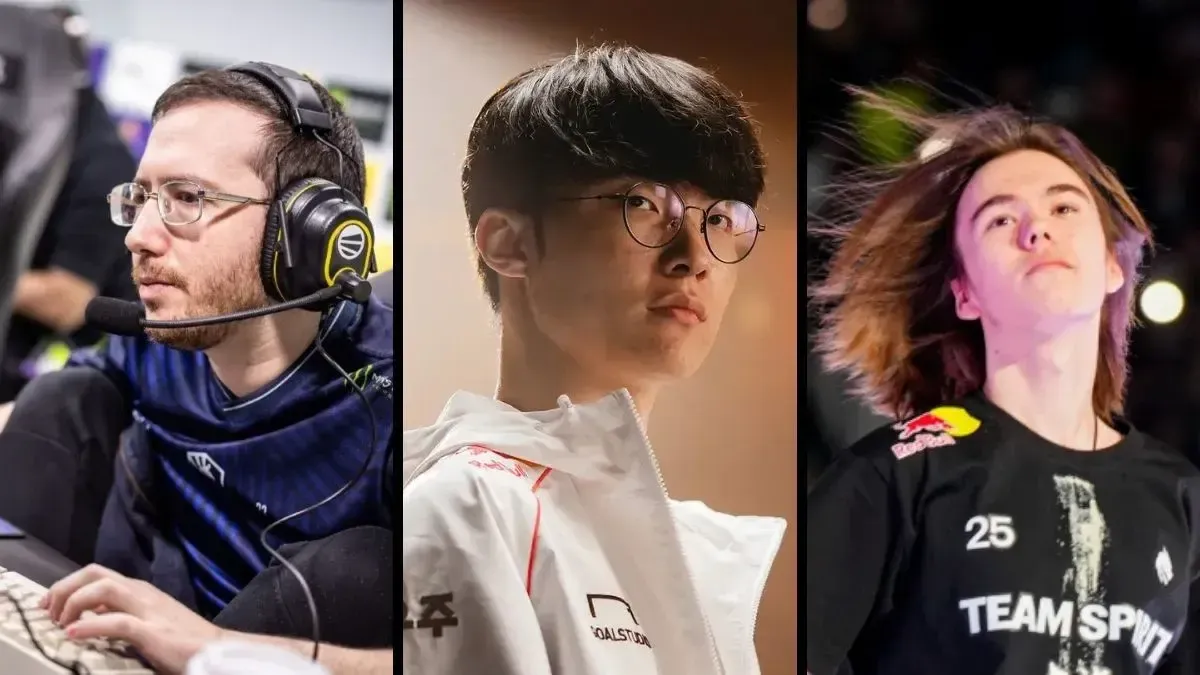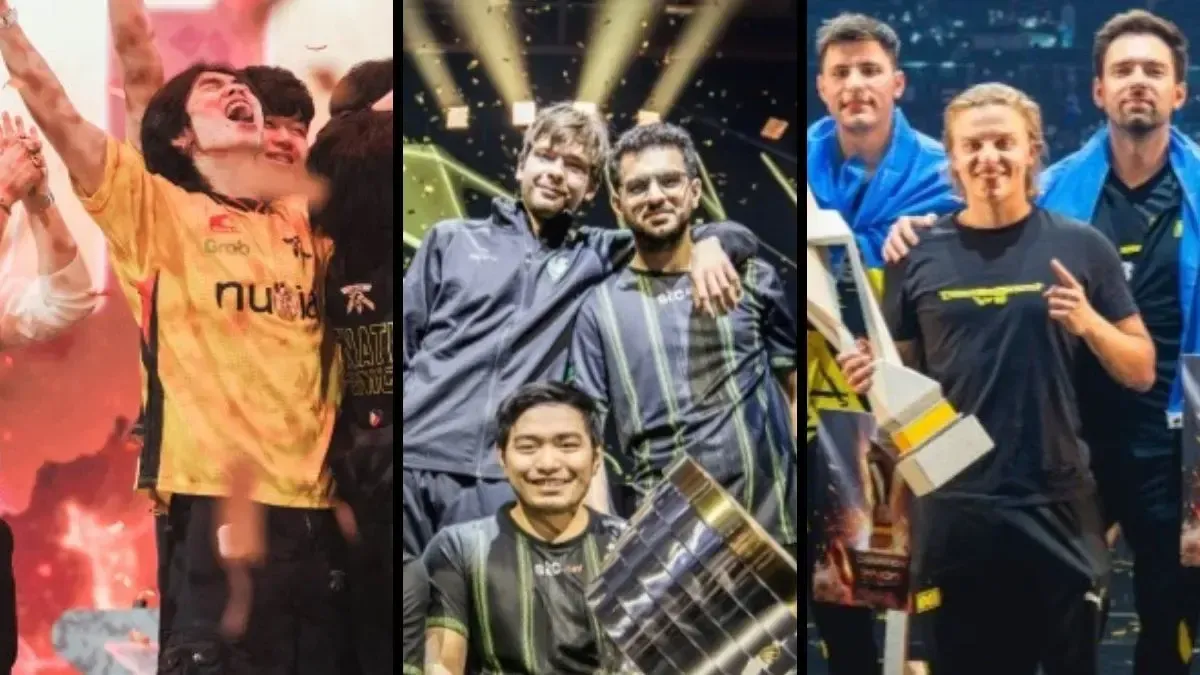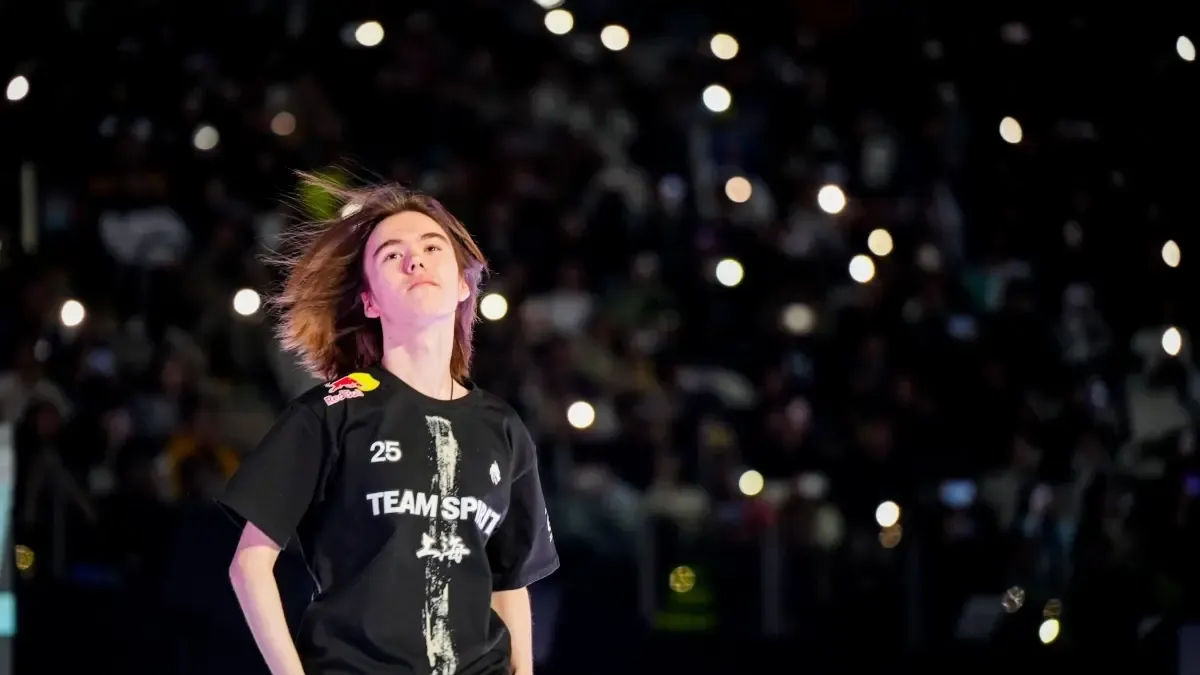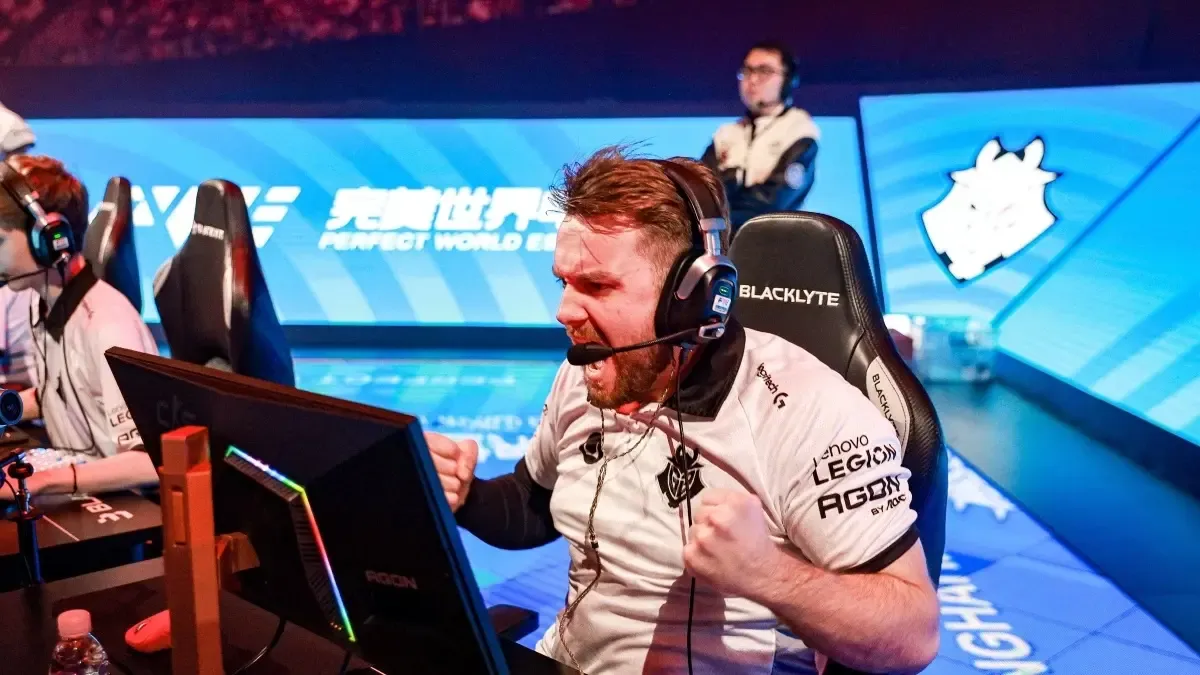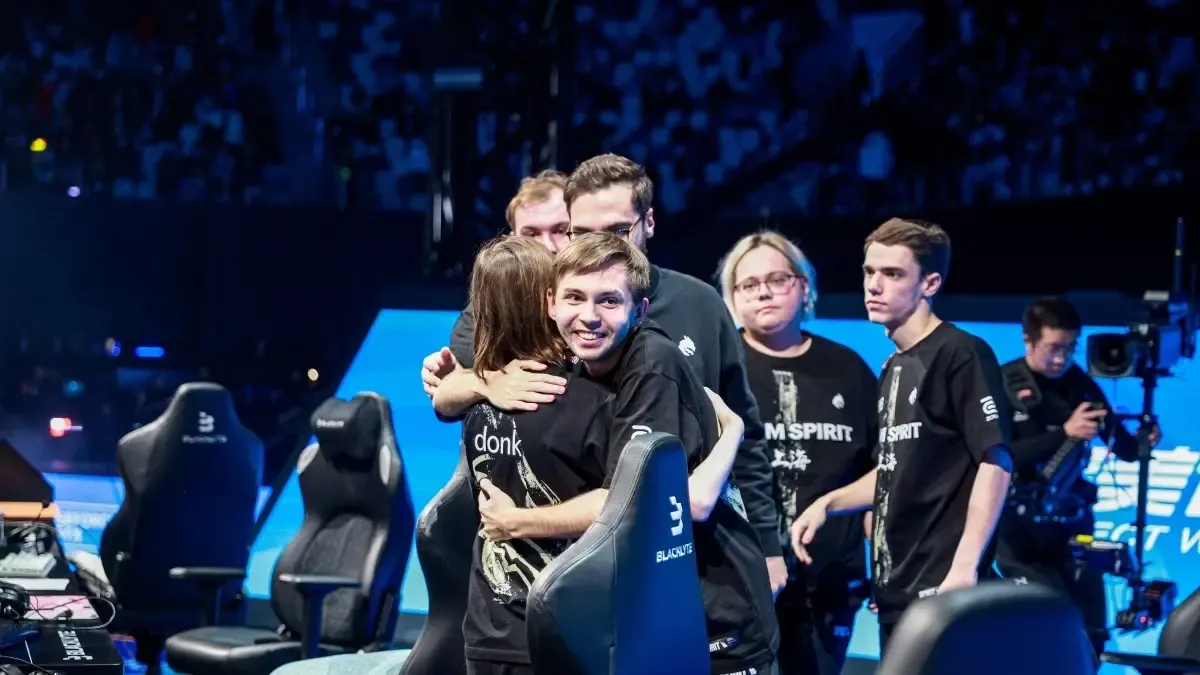The premise: From watching the popular CS youtubers we know that working on your fundamentals (positioning, movement, rotations, gunplay, comms, gamesense) is key to improving at csgo. But gamesense is a topic even the most experienced teachers find impossible to teach, it's an "obvious once you know it" kind of problem - you just have to put in the hours.
While I understand the difficulty, I think that's a cop out. So here's one facet of gamesense that I have seen literally every rank in the game struggle with: INFORMATION STALENESS.
What is INFORMATION STALENESS? The surface level is very simple: a piece of information is only useful for a limited period of time. "AWP LONG!" Is great info at first, but after 30 seconds that player could be anywhere on the map.
Ever wonder why trade fragging is considered a given at the pro level? Because pro players understand that they have to be in a position to act on INFORMATION before it goes STALE; being able to act on info instantly is the closest you can get to having a legal wallhack, and I think we all understand what a massive advantage those give their users.
Knowing a player was peeking right side of triple is not the same as knowing a player IS peeking the right side of triple. A second can make that difference. On another timescale, knowing the last CT was A 3 seconds ago is great, knowing they were A 30 seconds ago is close to useless.
I think the average skill level has been rising steadily since the release of CSGO, but this particular topic seems to be a simple puzzle piece that is missing from most players games, and definitely is not talked about enough so let's fix that!
I don't think this skill is completely absent, but rather it is consistently poorly managed - if you think about it, this is what makes fakes effective: the CTs want to rotate as soon as they think you're hitting the other site. Conversely, I often see players not reacting to info when they should, this is especially a problem on T side, because drilling rotations on CT side is common enough to mitigate some of this issue.
On a hard T half against tough opponents you're only going to be given so much info, so as soon as you get a piece of sufficient value, you NEED to act on it as soon as possible. If you learn of a CT that is out of position, or a key area that isn't being watched you have to take advantage of it, because often you will only be given one such opening per round, and if it goes STALE you may not have another chance.
As a sign off, I also invite you to consider what the following topics might consist of: Controlling info Refreshing info Voiding info Resharing info
After all, counterstrike is a game of imperfect information, which makes information the central component of cs game theory.


